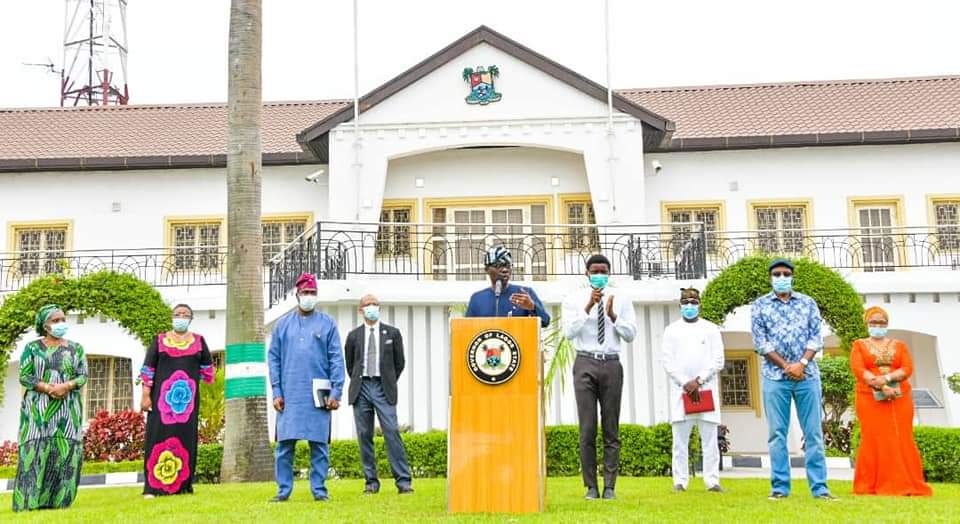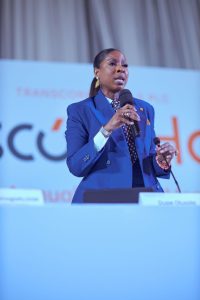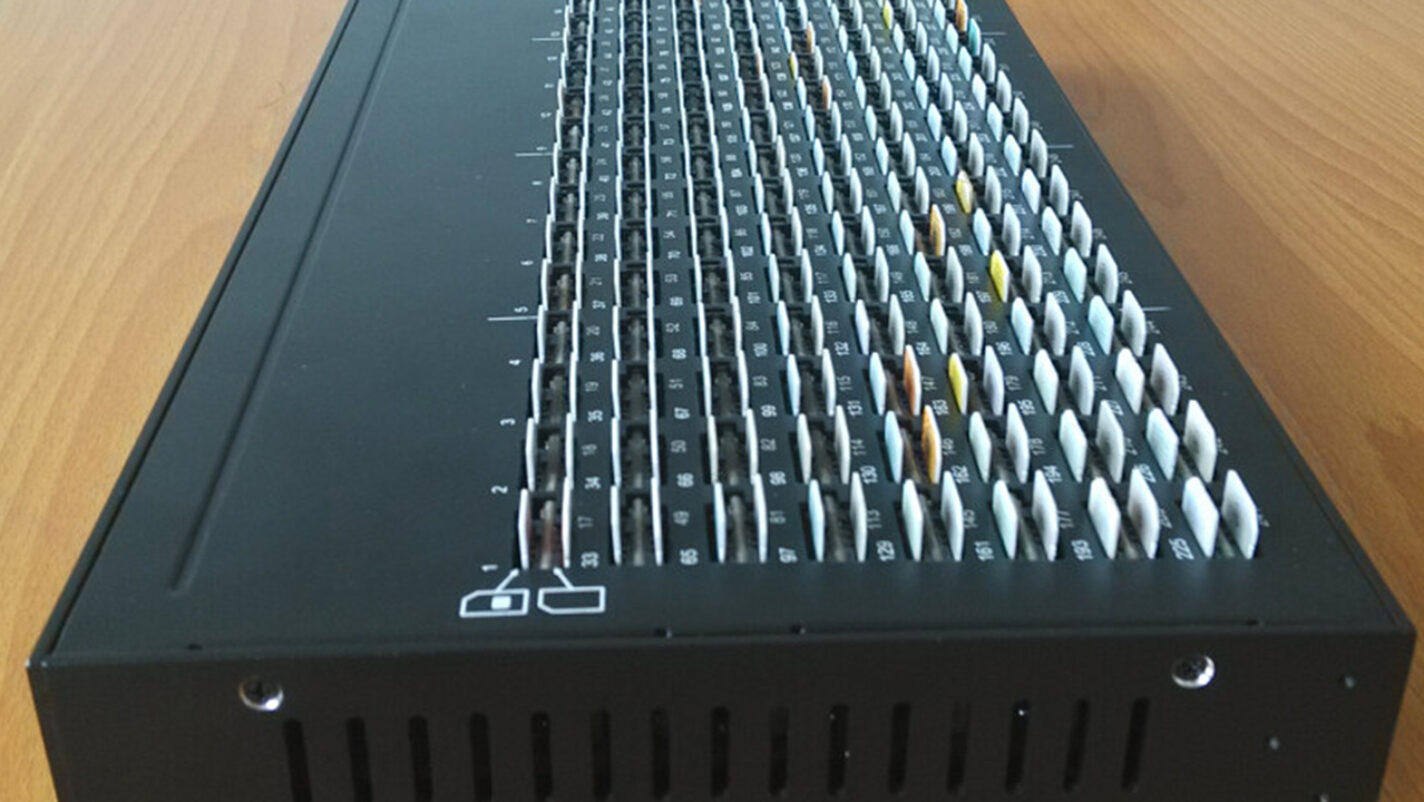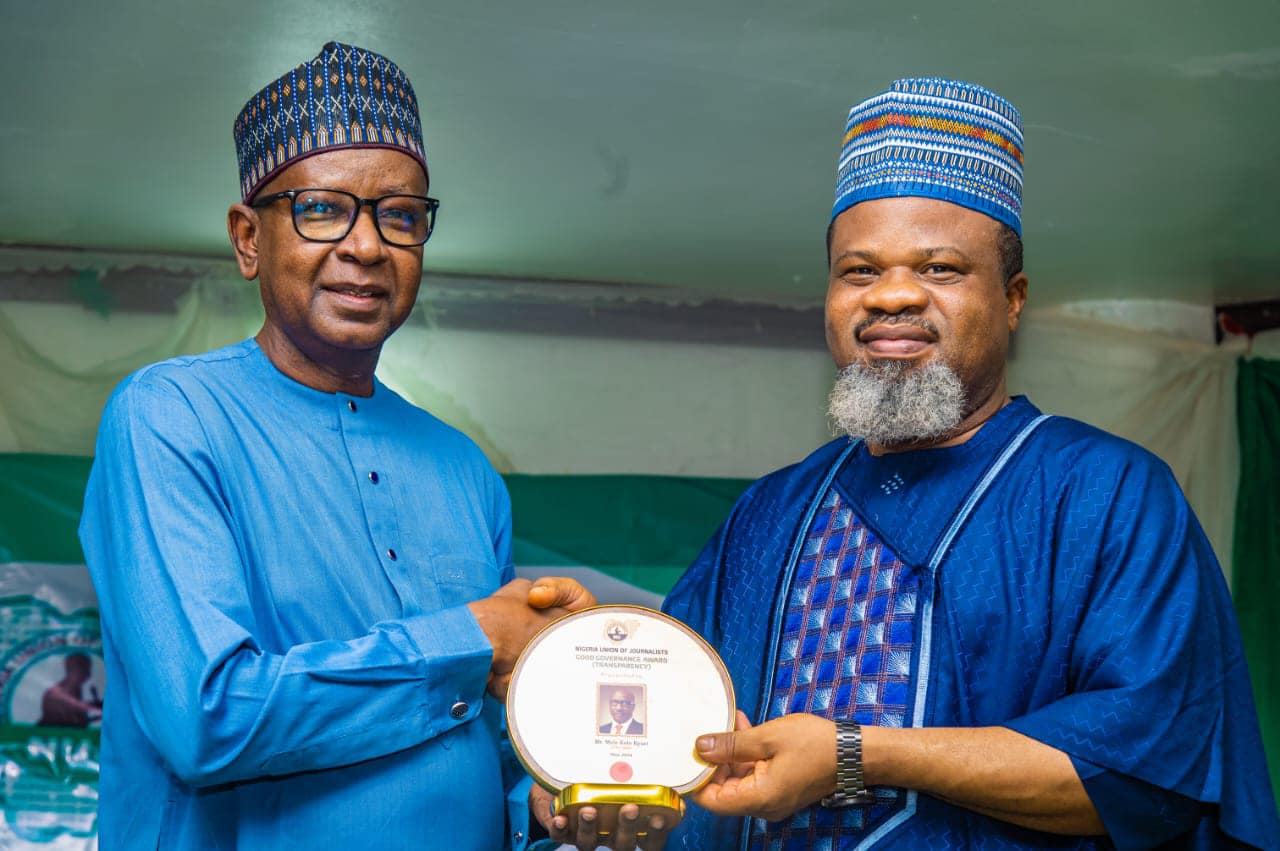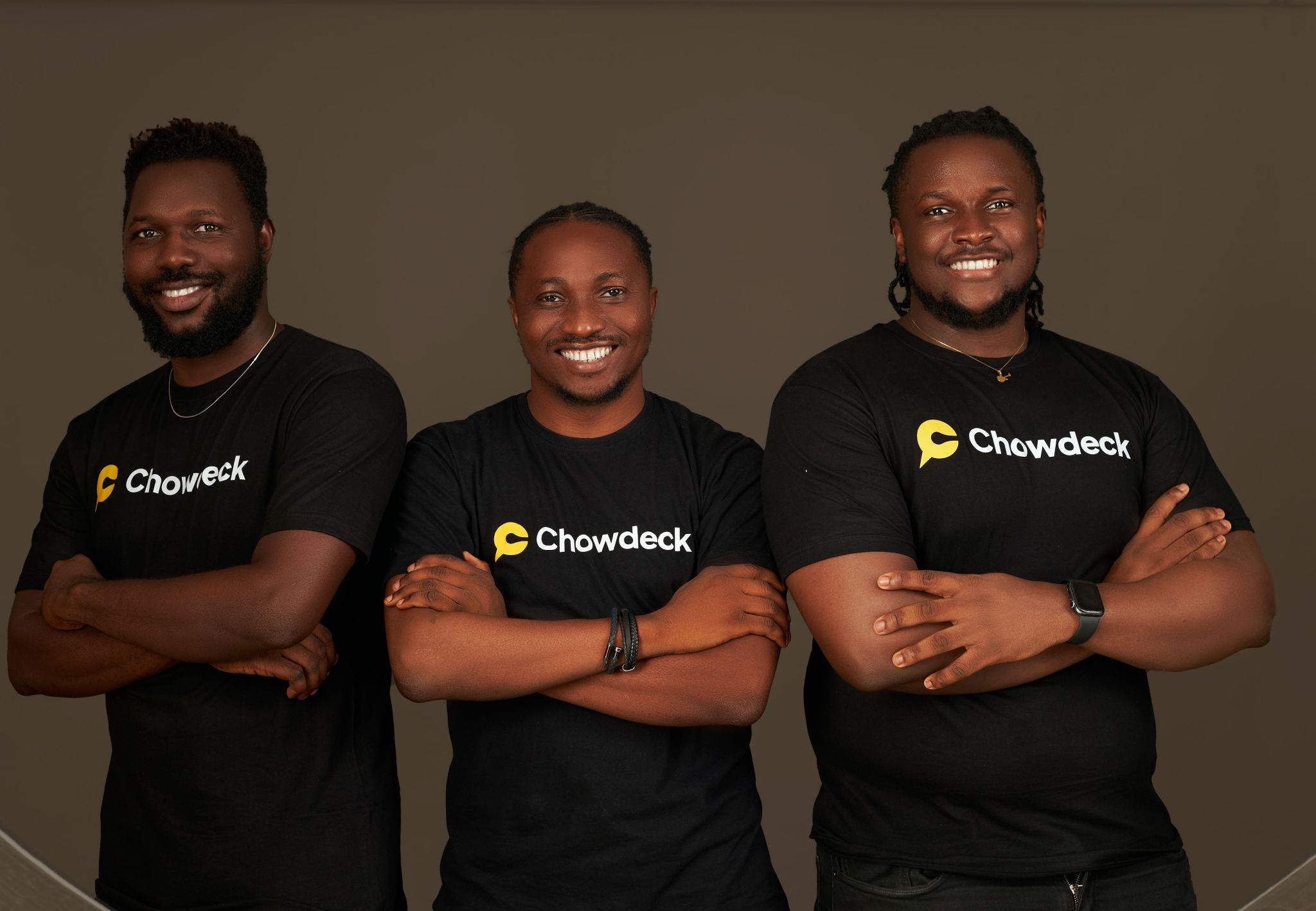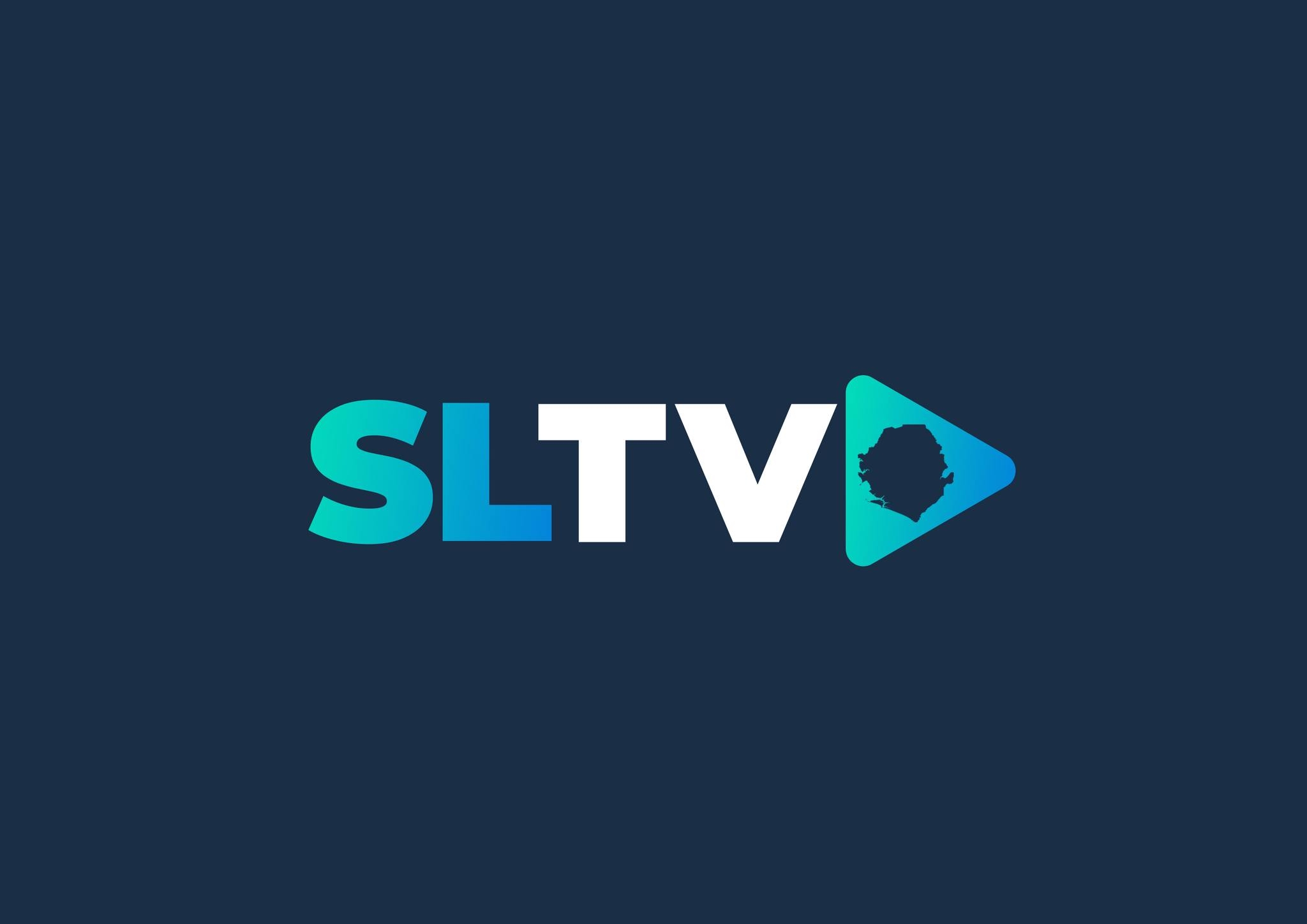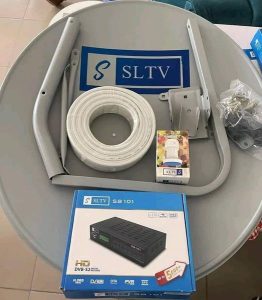Lagos State Government has granted permission for the re-opening of basic and secondary schools, although with a note of caution to private proprietors and public administrators.
Governor Babajide Sanwo-Olu, during a briefing on Saturday, ordered the resumption of all public and private schools from September 21, 2020, but only pupils in Junior Secondary School Three (JSS 3) and Senior Secondary School Two (SSS 2) are allowed to resume for physical classes in public schools.
The Governor said the public schools’ resumption would allow the JSS 3 pupils to revise and prepare for Basic Education Certificate Examination (BECE) slated for October 12, 2020. Pupils in SSS 2, Sanwo-Olu said, will use the period to prepare for their transitional exams to SSS 3.
Unlike the resumption schedule for the public schools, the Governor permitted all levels of class in private schools to resume, but with strong advice to private school owners to consider implementing a staggered daily resumption schedule and classes on alternate days during the week.
But, all pre-primary school classes, including nursery, daycare centres and kindergarten, in both public and private schools are not permitted to open.
Sanwo-Olu said: “It has become necessary to issue clarifications regarding the resumption of schools, in order to clear any confusion that may have arisen since the resumption date was announced. Public Schools will adopt a phased protocol for resumption of physical classes. Students in JSS 3 and SSS 2 in public schools in Lagos are to resume physical classes from September 21.
“In the same vein, all private primary and secondary schools are permitted to resume from September 21. We have strongly advised school owners and managers to put safety first and open in phases similar to the announced schedule for public schools.
“School owners and managers are advised to seriously consider implementing a staggered daily resumption schedule, classes on alternate days during the week, and utilization of distance learning methods as a complement to physical classes. All pre-primary – nursery, daycare and kindergarten – classes and schools in both public and private schools must remain closed.”
The Governor said all re-opened schools must comply with safety protocols and hygiene guidelines as instructed by the State Government through the Office of Education Quality Assurance (OEQA). He said the Department would monitor and evaluate Schools’ preparedness.
He said: “For all other public school classes in primary school and JSS 1, JSS 2, and SSS 1, announcements for resumption will be made as soon as the State Government is satisfied that all necessary resumption protocols have been put in place.
“In the meantime, these yet-to-resume classes in public schools are expected to continue their lessons on our various distance learning platforms (online, radio, television and WhatsApp) pending the announcement of dates for physical resumption.”
From next week, Sanwo-Olu said all primary and secondary schools in the State that have more than two-storey structures will be subjected to integrity test to ensure the safety of pupils. The Governor spoke against the backdrop of the Saturday collapse of Excel Secondary School – a private school – in Ejigbo area of the State.
The school, Sanwo-Olu observed, flouted the State’s structural regulations, resulting in its collapse. He directed the complete demolition of the failed structure, while directing the Ministry of Physical Planning and Urban Development to embark on integrity test on all schools’ structures.
Sanwo-Olu also granted permission for the immediate reopening of cinemas and gyms, but with a maximum of 33 per cent occupancy, stressing that there must be a minimum of two empty seats between occupied seats in the cinemas.
In the case of gyms, the Governor said there must be constant disinfection of machines and equipment throughout the day.
He said the State Government would be taking definite decisions on the reopening of night-clubs, bars, event centers, spas, public parks next month, warning that dire consequences awaited those in this category that may want to flout the restrictive order.
During the briefing, Sanwo-Olu further eased the restrictions on houses of worships, permitting observation of daily prayers in mosques and granting mid-week services in churches.
He said: “As regards our places of worship, we are now also permitting the mosques to resume their five times a day prayers; and in the case of churches, they are now also permitted to resume their mid-week services. We must not forget that the Coronavirus pandemic is still very much with us, and we must therefore strive to prioritise the safety of all our children, teachers, parents, and the entire society.”
Since resumption of international flights, Sanwo-Olu said the State Government had worked closely with the Federal Government and the Port Health Authority to monitor all flights arriving and departing the State.
He said Murtala Muhammed International Airport in Lagos recorded a total of 50 flights since September 5, carrying a total of 8,000 passengers.
“Despite this inbound volume of passengers, the number of COVID-19 positive still remains on the downward trend at under five per cent,” he said.

